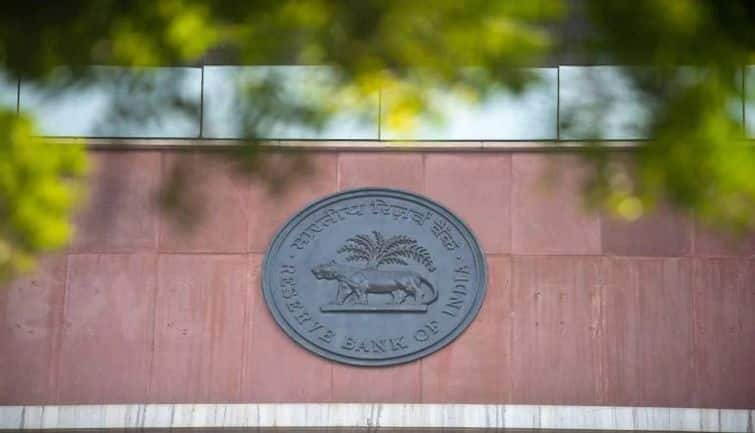The Reserve Bank of India (RBI) has taken stringent measures against four non-banking financial companies (NBFCs), effectively prohibiting them from approving or distributing any new loans. This significant decision affects several key players in the financial sector, including Navi Finserv, a company co-founded by Sachin Bansal of Flipkart fame. Other impacted entities include Aashirvad Micro Finance Limited, Arohan Financial Services Limited, and DMI Finance.
Understanding the RBI’s Power and the Role of NBFCs
The Reserve Bank of India is the central bank of the country, responsible for regulating the monetary and financial system. One of its critical roles is overseeing non-banking financial companies (NBFCs) that play a crucial part in India’s financial landscape, particularly in offering loans and servicing various financial needs.
What Are Non-Banking Financial Companies (NBFCs)?
NBFCs are financial institutions that provide various banking services but do not hold a banking license. They are pivotal in serving areas that traditional banks may overlook, such as personal loans, asset financing, and microfinance. Their flexibility in loan distribution makes them essential for economic inclusivity.
Reasons for RBI’s Action
The RBI’s decision to halt new loan approvals for these NBFCs could be attributed to several factors:
- Regulatory Compliance: Non-compliance with the norms set by the RBI can lead to serious repercussions, including halting operations.
- Risk Management: The RBI must ensure that financial institutions engage in responsible lending to avoid the risk of defaults affecting the larger financial system.
- Consumer Protection: Ensuring that borrowers are protected from predatory lending practices is a priority for the RBI.
Impact on the Financial Market
This regulatory action may have far-reaching implications for the affected NBFCs and the broader financial market:
| NBFC | Impact | Market Reaction |
|---|---|---|
| Navi Finserv | Prohibition from issuing new loans | Stock prices may drop as investor confidence wavers |
| Aashirvad Micro Finance | Restrictions on customer acquisition | Potential decline in revenue and market share |
| Arohan Financial Services | Limited operational capacity | Stakeholder concerns about liquidity |
| DMI Finance | Challenges in maintaining loan portfolio | Possibility of increased scrutiny from investors |
Conclusion
The RBI’s stringent measures against these four NBFCs highlight its commitment to maintaining stability and integrity in India’s financial system. As these companies navigate this challenging regulatory landscape, the effects on their operations and the broader market dynamics will be closely monitored. This situation underscores the importance of regulatory compliance and responsible lending practices in sustaining financial health across the sector.
